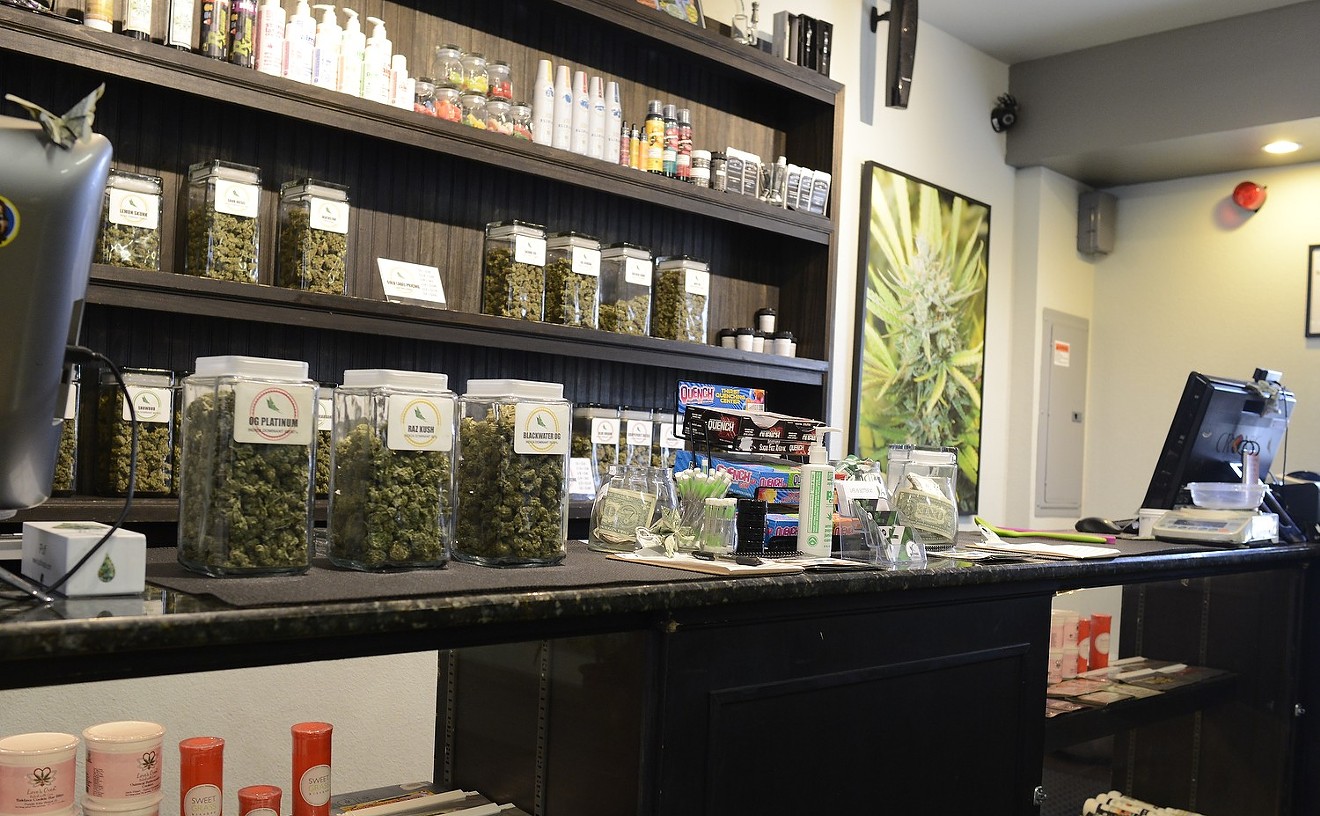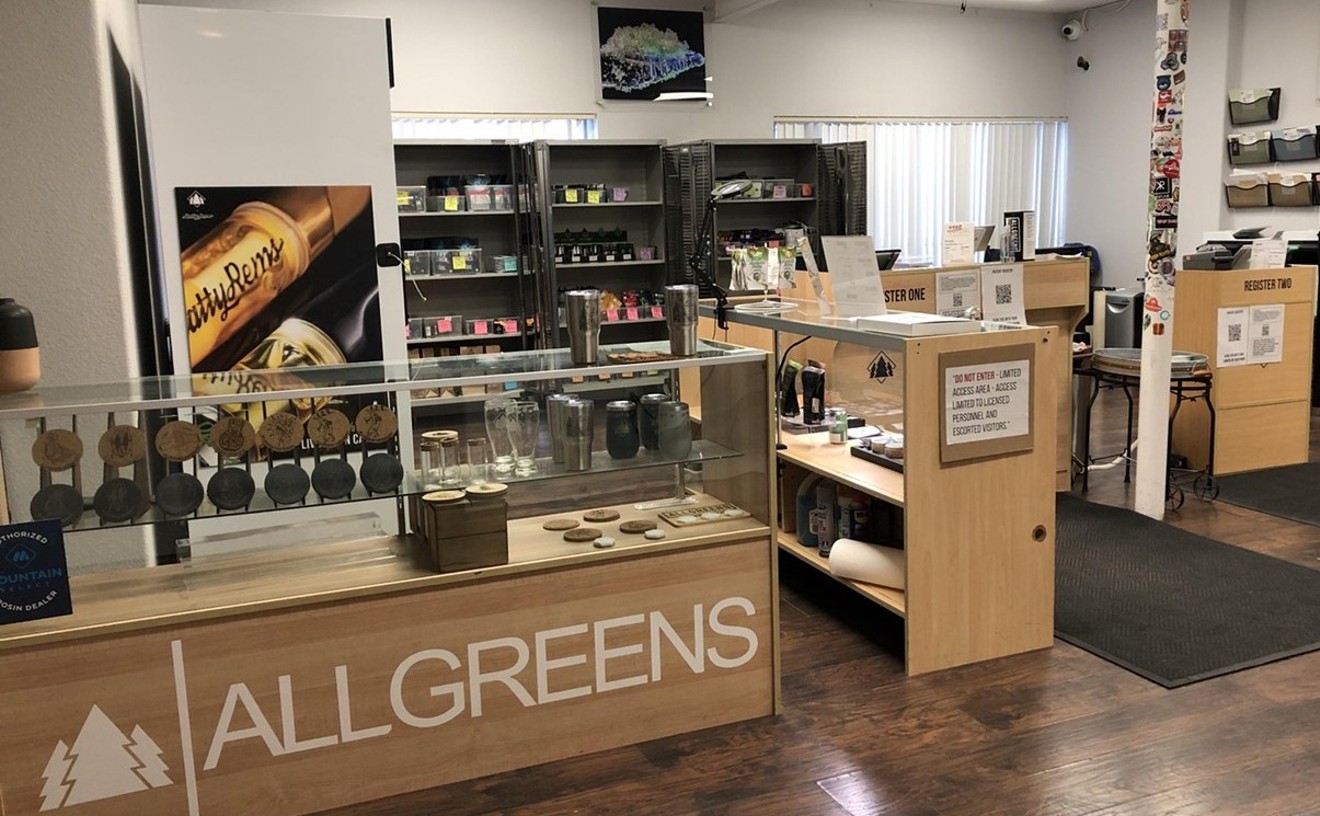As Colorado’s cannabis industry continues to grow and mature, dispensary owners and other ganjapreneurs are taking a more analytical approach to retail marijuana. According to industry experts, dispensaries cannot hope that the novelty of cannabis and tourism continues to support the market. Rather, they need to dive deeper into customer engagement.
“As more states decriminalize marijuana, we see tourism is slowing down, which means the value of customer retention is higher than ever. Like all retail, it costs six times more to find a new customer than serve a returning customer,” says Joel Milton, CEO of Baker, a cannabis data-tracking service.
The latest in cannabis data-tracking tools gives dispensaries, marketers and anyone involved in the marijuana industry a new perspective on products purchased across the state. Dispensaries that aim to thrive must turn their focus to engaging with their current customer base by looking at what customers buy regularly and then being strategic when stocking their stores.
“When states become recreational, we see a huge surge in pre-rolled joints and concentrates like vape cartridges and oils. We can see customers are looking for easier products,” Milton notes.
One of the most challenging aspects of collecting data on cannabis consumption and purchases is that almost all transactions are cash-based. In normal retail, pin debit cards and credit cards leave an electronic trail; in Colorado's cannabis market, where the majority of transactions are still cash, it's harder to track purchases.
“Unlike other retail — such as natural foods — there is still a lack of consistency in standardized skews and product bar codes,” says Roy Bingham, CEO of BDS analytics, which has been leading the way in more comprehensive data reports regarding cannabis sales. “We often have to rely on product descriptions by dispensary owners."
BDS once tracked 1,000 data points that ended up being the same product as a result of inconsistent descriptions, he notes.
As retail data from Colorado dispensaries gains clarity, trends become clearer. “We’ve seen that almost 45 percent of all cannabis sales in Colorado is non-flower,” Bingham says. “Branded products have grown dramatically — almost 500 percent in just two years.”
Milton agrees with Bingham's percentages, and notes that Baker can organize customers into segments based on their buying preferences and likes as a way for dispensary owners and cannabis brands to stay relevant.
“Baker analyzes data with the aim of segmenting customer data for targeted and relevant ads. This allows dispensaries to create marketing solutions to understand their customers' shopping habits. When a new strain comes in or they have products that are specifically relevant to a segment of their customer base, they can engage directly with them,” Milton says.
But obstacles to cannabis marketing can make digital advertising a frustrating task. In normal retail, marketers can create targeted Facebook ads based on age, demographic, likes and other digital behaviors. Facebook and Google, however, both block targeted ads featuring cannabis-specific keywords.
“Brands need to know who their customers are,” Bingham says. “Dispensaries don’t need to trust their gut. Stocking your store with random products won’t work. Look at what is working for you and your competition. Approach this like any other retail business.”
Privacy is also a sensitive issue. As the stigma around adult cannabis consumption still exists, some shoppers prefer to stay private.
“We use Amazon web services to encrypt and code our data to ensure that no personal data is compromised. This allows people to opt in for preferences and specific updates that are relevant to them,” Milton says. “Brand loyalty and engagement with customers is especially important. Right now most people are just searching for the cheapest options."
[
{
"name": "Air - MediumRectangle - Inline Content - Mobile Display Size",
"component": "12017618",
"insertPoint": "2",
"requiredCountToDisplay": "2"
},{
"name": "Editor Picks",
"component": "17242653",
"insertPoint": "4",
"requiredCountToDisplay": "1"
},{
"name": "Inline Links",
"component": "18838239",
"insertPoint": "8th",
"startingPoint": 8,
"requiredCountToDisplay": "7",
"maxInsertions": 25
},{
"name": "Air - MediumRectangle - Combo - Inline Content",
"component": "17261320",
"insertPoint": "8th",
"startingPoint": 8,
"requiredCountToDisplay": "7",
"maxInsertions": 25
},{
"name": "Inline Links",
"component": "18838239",
"insertPoint": "8th",
"startingPoint": 12,
"requiredCountToDisplay": "11",
"maxInsertions": 25
},{
"name": "Air - Leaderboard Tower - Combo - Inline Content",
"component": "17261321",
"insertPoint": "8th",
"startingPoint": 12,
"requiredCountToDisplay": "11",
"maxInsertions": 25
}
]










